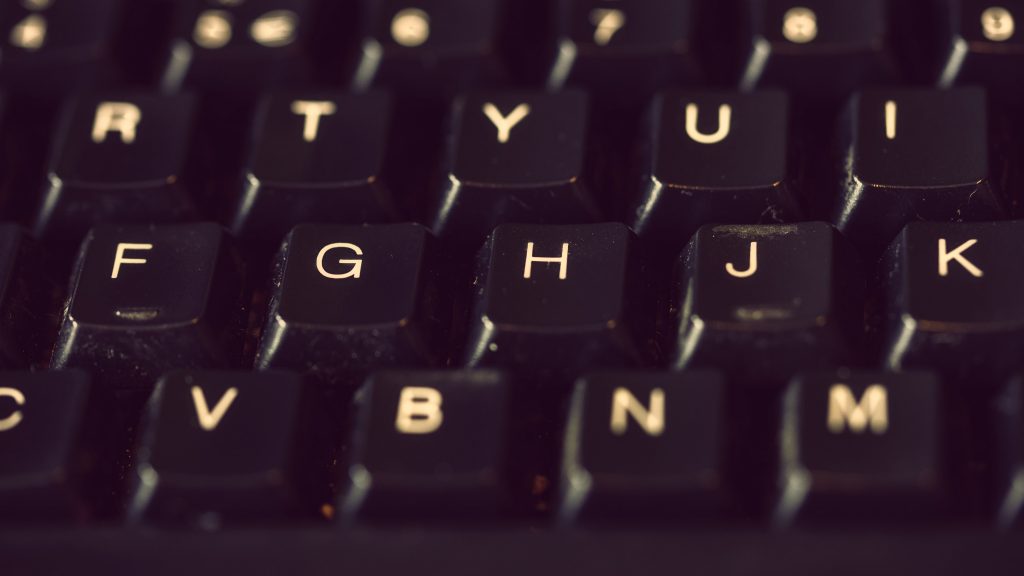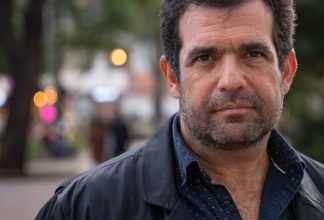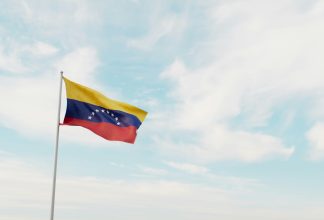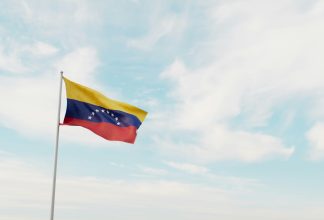Voices from Venezuela: Anzoategui – the Fight Against Corruption

During the year, we have interviewed a number of Venezuelan human rights defenders who each play a central role in the struggle for a new and democratic Venezuela. In a series of letters, three of them tell their side of the story to the outside world. This letter is from Alejandra Olivares .
My name is Alejandra Olivares. I am a criminal lawyer and president of Defensa en acción. I am also part of a Network of Human Rights Organisations in the Anzoátegui State (REDHANZ) and I contribute to the Anti-Corruption Coalition and the independent platform HumVenezuela.
I am writing to you from Anzoátegui, a very interesting state due to its geographical location. We are situated in the north of Venezuela where we border the Caribbean Sea and, to the south, the Orinoco River. It is a privileged region where approximately two million people reside, being the eighth most populated state in Venezuela. Despite its appeal, this state faces severe challenges in terms of corruption, justice and lack of information, which affect our rights to basic services, education and the environment. A situation that motivates me to defend human rights, so that we can resist and grow.
In my work, I have found that the main challenges for Anzoátegui have arisen due to corruption; crimes that profoundly affect us but still go unpunished. During the pandemic, the Anti-Corruption Coalition has received serious complaints, mainly in relation to extortions carried out by authorities so that citizens can access gasoline at service points. Also, complaints related to the lack of basic services, such as water and energy, which in turn affect education and working life. Despite this, people are afraid to file reports due to the potential reprisals it might bring. We have therefore conducted trainings to encourage people to file reports through cell phones, with the support of Transparency Venezuela, an organisation that published the recent report “Legal Strategies for the Recovery of Venezuelan Assets Resulting from Corruption.”
Regarding our work as human rights defenders, the pandemic has severely hindered our work. For example, the paralysis of the judicial system has not allowed us to conduct hearings to convict those responsible for human rights violations. Likewise, situations have arisen where victims’ legal files have disappeared, without any response from the state. Additionally, the complete lack of official information makes it impossible for us to get a grip on what is happening. For that reason, civil society organisations have had to look for alternative ways to compare and analyse information, such as HumVenezuela, an independent platform that monitors the humanitarian crisis that we have been experiencing in Venezuela since 2016.
To these challenges, add the constant surveillance of my work. Informants have told me that my work is constantly monitored both physically and digitally. Also, I have seen a great fear among citizens for criticising the regime on social networks and via messaging apps, as many have been arbitrarily detained for doing so. This was the case for Tania Rodríguez who sent an instant message about Celia Flores; for Elio Mendoza who sent a text message about Maikel Moreno, president of the Supreme Court of Justice of Venezuela; and for Alejandro Peralta, a PDVSA worker in the Anzoátegui state, due to an alleged publication on his WhatsApp profile against the Government, which Defensa en Acción exercises its legal representation through.
Due to the many obstacles human rights defenders face in Venezuela, I think that the main thing we must do is train and educate people about human rights violations. Additionally, support citizens in their complaint processes, as many are afraid or have a lack of knowledge about how to conduct it or whom to reach out to. In addition, we must strengthen the few existing organisations in Anzoátegui by training new human rights defenders. We cannot sit idly by without being part of the solution; sometimes we get frustrated, it hurts, but we must do it. If we want change, we must work and contribute to it.
Finally, I want to emphasise that one of my greatest struggles is to be taken seriously on a regional level. In this sense, we need greater visibility, support, training and expertise from international human rights organisations.


